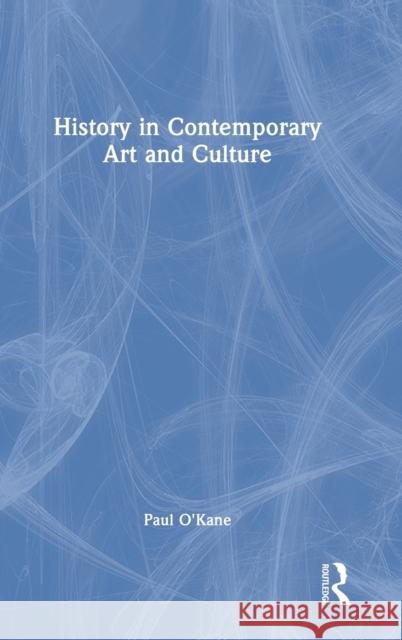History in Contemporary Art and Culture » książka
topmenu
History in Contemporary Art and Culture
ISBN-13: 9781032137384 / Angielski / Twarda / 2022 / 250 str.
History in Contemporary Art and Culture
ISBN-13: 9781032137384 / Angielski / Twarda / 2022 / 250 str.
cena 757,61
(netto: 721,53 VAT: 5%)
Najniższa cena z 30 dni: 680,04
(netto: 721,53 VAT: 5%)
Najniższa cena z 30 dni: 680,04
Termin realizacji zamówienia:
ok. 16-18 dni roboczych.
ok. 16-18 dni roboczych.
Darmowa dostawa!
This unique book offers guidance for Contemporary Art practices in dialogue with history, story, memory and tradition.











